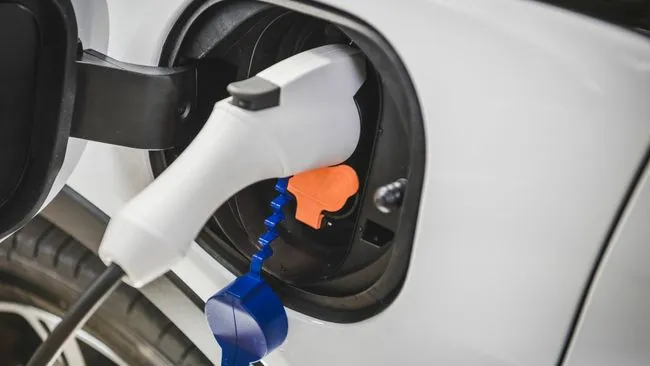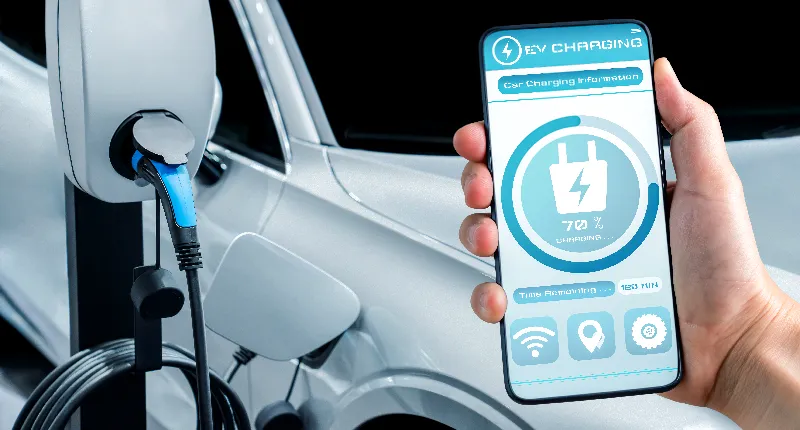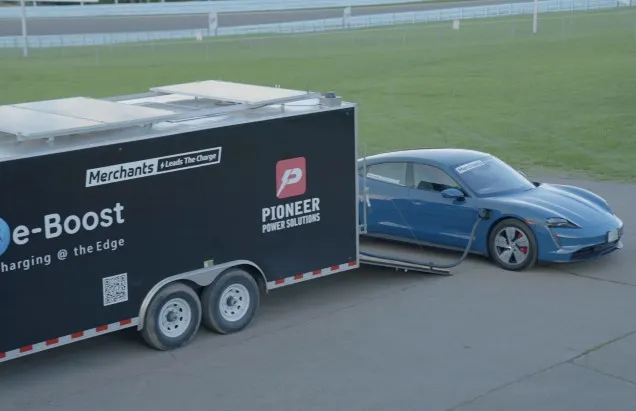
Each two-year programme is designed to better understand the effects of increasing adoption of EVs, customer EV charging preferences and behaviour, and the potential benefits to Indiana.
"As the adoption of electric vehicles accelerates, pilot programmes such as these give us the opportunity to gain critical knowledge around what an electric automotive future will require and ensure we're planning the system to reliably meet our customers' needs," said Duke Energy Indiana president Stan Pinegar.
The EV pilot programmes include an off-peak charging credit where residential customers with a Level 2 EV charger receive a quarterly credit on their bill for charging EVs during times of decreased energy demand. The pilot will look at customer response to price incentives related to when they charge their vehicles.
There will also be the Commercial Charger Rebate pilot programme that offers a financial incentive to businesses, apartment dwelling units, and government or workplace fleet operators, to install electric vehicle chargers at their place of business. The purpose of this pilot is to better understand the needs of this customer segment and the effects on the grid.
The Fleet Advisory pilot programme is an opportunity for fleet managers to assess the economics and sometimes complex logistical challenges of commercial fleets transitioning to electric vehicles. Duke Energy will provide comprehensive EV suitability analysis for eligible customers interested in switching their operating fleets to electric.
As part of the Electric School Bus pilot programme, Duke Energy will work with school districts to provide partial funding – up to US$197,000 per bus – and charging infrastructure for six electric school buses. The aim is to study the ability of the bus battery to dispatch energy to the electric grid, helping supply stored power for Indiana customers.








